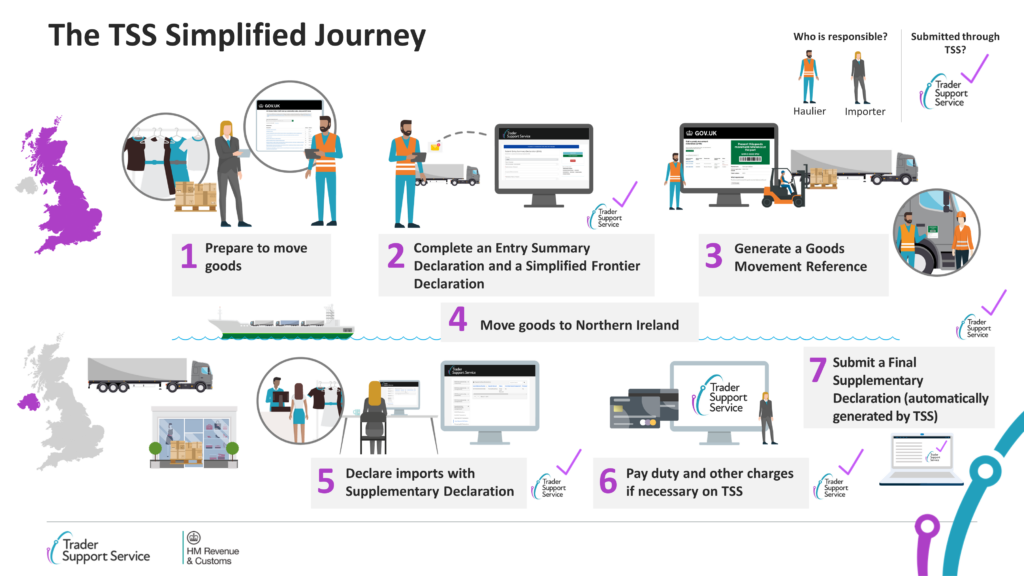- BY Kevin Barry BSc(Hons) MRICS
- POSTED IN Latest News
- WITH 0 COMMENTS
- PERMALINK
- STANDARD POST TYPE

Northern Ireland businesses facing tariffs on goods, particularly in the context of post-Brexit trade arrangements and recent U.S. tariff announcements, have access to a reimbursement mechanism under the Windsor Framework. This framework, agreed upon by the UK and EU, governs Northern Ireland’s unique trading position, allowing goods to move tariff-free into both the UK internal market and the EU single market, while also addressing imports from outside these regions, such as the U.S.
As of April 9, 2025, U.S. President Donald Trump has imposed a 10% tariff on goods entering the U.S. from the UK, including Northern Ireland, and a 20% tariff on goods from the EU, including the Republic of Ireland. These tariffs, effective from April 5, 2025, affect Northern Ireland businesses exporting approximately £1.5 billion annually to the U.S., primarily in sectors like pharmaceuticals and industrial machinery. Conversely, Northern Ireland imported £753 million in U.S. goods last year, which could face additional costs if the EU retaliates with its own tariffs.
Under the Windsor Framework, goods entering Northern Ireland from outside the EU (including the U.S.) that are deemed “at risk” of moving into the EU single market are subject to EU tariffs. However, the UK Duty Reimbursement Scheme, launched in June 2023, allows businesses to reclaim these tariffs if they can prove the goods remained in Northern Ireland, were moved elsewhere in the UK, or were exported outside the UK or EU. This scheme applies retroactively to goods moved since January 1, 2021, with claims for movements up to June 30, 2023, due by June 30, 2026, and later claims due within three years of the duty notification.
To reclaim tariffs, businesses must provide evidence such as sales invoices, transport documents, or export declarations showing the goods’ final destination. For example, a Northern Ireland importer of U.S. goods paying an EU tariff due to potential EU retaliation could apply for a rebate of the difference between the EU and UK tariff rates if the goods stay within the UK. However, the process is often described as time-consuming and evidence-intensive, posing challenges for businesses, especially those with complex supply chains or numerous product lines.
Northern Ireland’s Deputy First Minister Emma Little-Pengelly and Economy Minister Caoimhe Archibald have emphasized protecting local businesses from becoming “collateral damage” in a U.S.-EU trade dispute. Critics, including industry leaders like Stephen Kelly of Manufacturing NI, argue the reimbursement system is not fit for purpose, citing delays and administrative burdens. Despite this, the scheme offers a potential lifeline, though its effectiveness depends on swift implementation and possible enhancements, which officials are urged to prioritize amidst the current tariff uncertainties.
